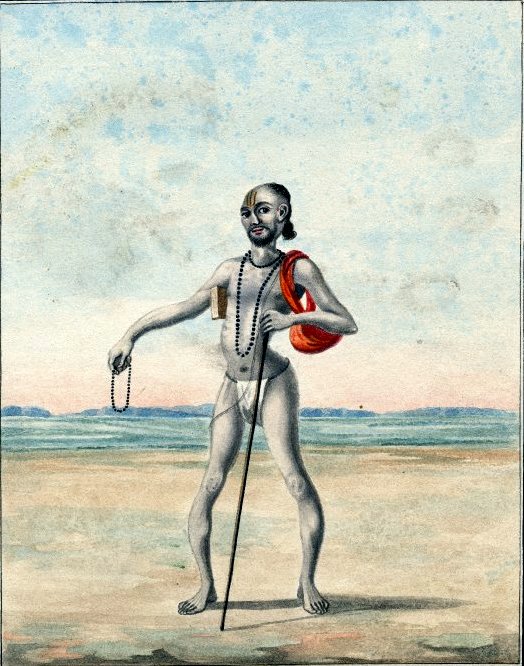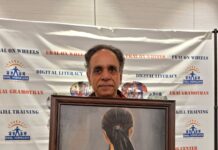By Upendra Mishra
WESTON, MA—When growing up in India, we were exposed to stories of Ramayana everywhere, and obviously we all came to know the name of King Janak, or Janaka, the father of Sita, one of the main characters of Ramanaya. But we did not know anything more about him than that he was the father of Sita.

Only later in my life when I became seriously interested in Indian mythologies, Upanishads, Puranas and mythological figures, King Janak sprang up again in my head. I became fascinated by him, his wisdom, his teachings and his stories scattered throughout the Indian scriptures. Why?
Janaka was a great king, ruled his kingdom efficiently and enjoyed all the luxuries and pleasures life. Still, he was unattached to everything as if he possessed nothing. He engaged himself with spiritual discourses and was interested in both teaching the wisdom of life to those wanted to learn from him and learning from those he thought were worth learning from.
One day, he sat down with a young Vedic sage named Ashtavakra, and asked: “O Master, tell me how to find detachment, wisdom and freedom?” Before we get to Ashtavakra’s answer, a few words about the sage himself first.
Ashtavakra literally means someone whose eight limbs are bent or handicap. He had an in-depth understanding of the Self and summarized the Advait (nondual) philosophy beautifully in a small text called Ashtavakra Gita.
What I like about Ashtavakra most is his simplicity, boldness, clarity and single pointedness. He teaches that once you go beyond fear and doubt, you instantly transform yourself. He bluntly makes us aware of awareness: “Yesterday I lived bewildered, in illusion. But now I am awake, flawless and serene, beyond the world.
If you are not familiar with teachings of Upanishads and such scriptures, it may be a bit difficult to grasp Ashtavakra Gita. However, if you do or try harder with an open mind, there is nothing like Ashtavakra Gita. After grasping this, you don’t need to learn or know anything else.

If you are interested, I recommend a translation of Ashtavakra Gita by Thomas Byrom: The Heart of Awareness (93 pages, 1990, Shambhala Dragon Editions.)
Coming back to Janaka’s question: “O Master, tell me how to find detachment, wisdom and freedom?, Ashtavakra answers:
“Seek the nectar of truth,
Of love and forgiveness,
Simplicity and happiness.”
The first chapter of the book is packed with 20 slokas about the Self. Here is one more pearl of wisdom from The Self chapter:
“Right or wrong
Joy and sorrow,
These are of the mind only,
They are not yours.
It is not really you.
Who acts or enjoys,
You are everywhere,
Forever free.”















